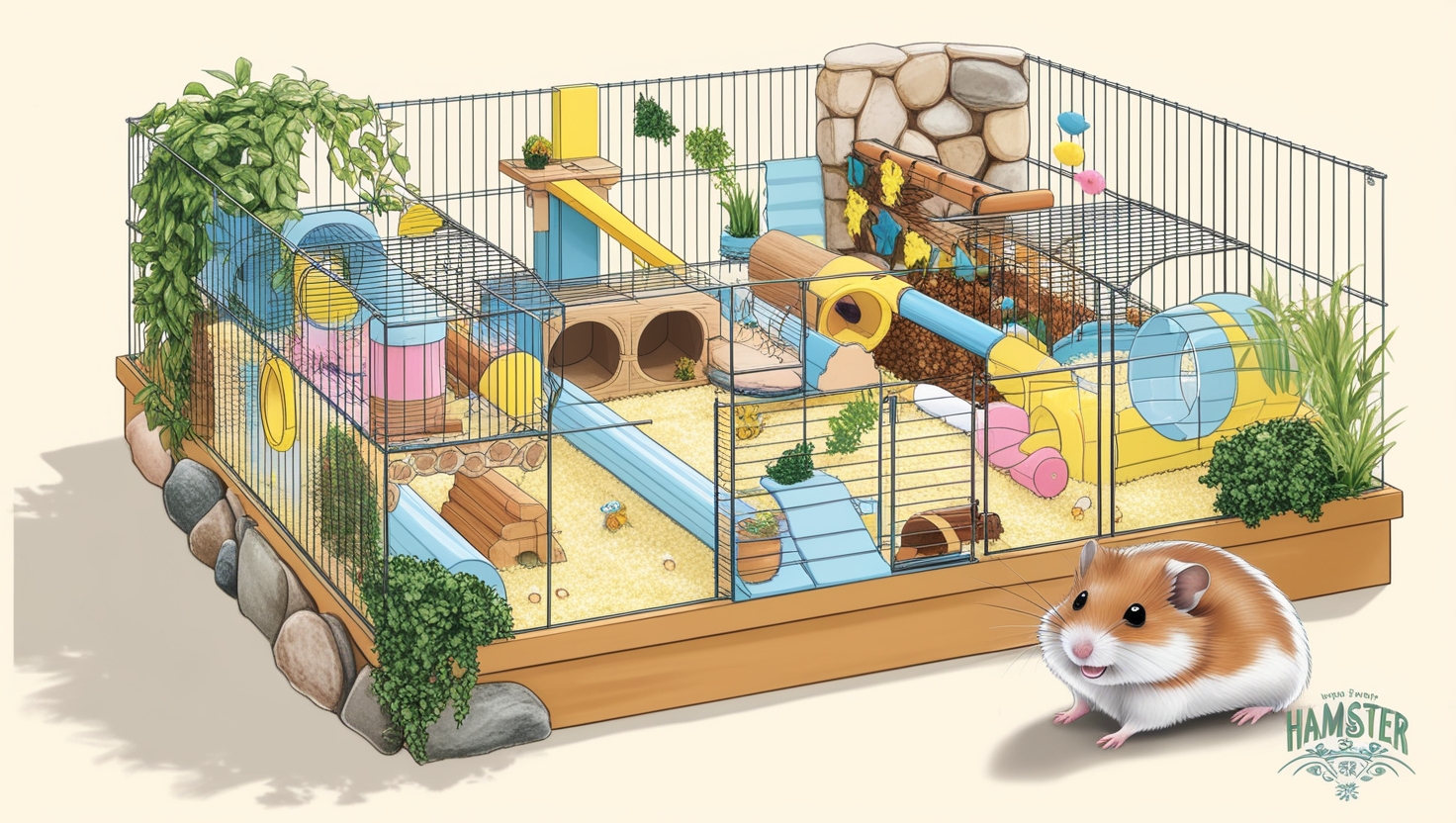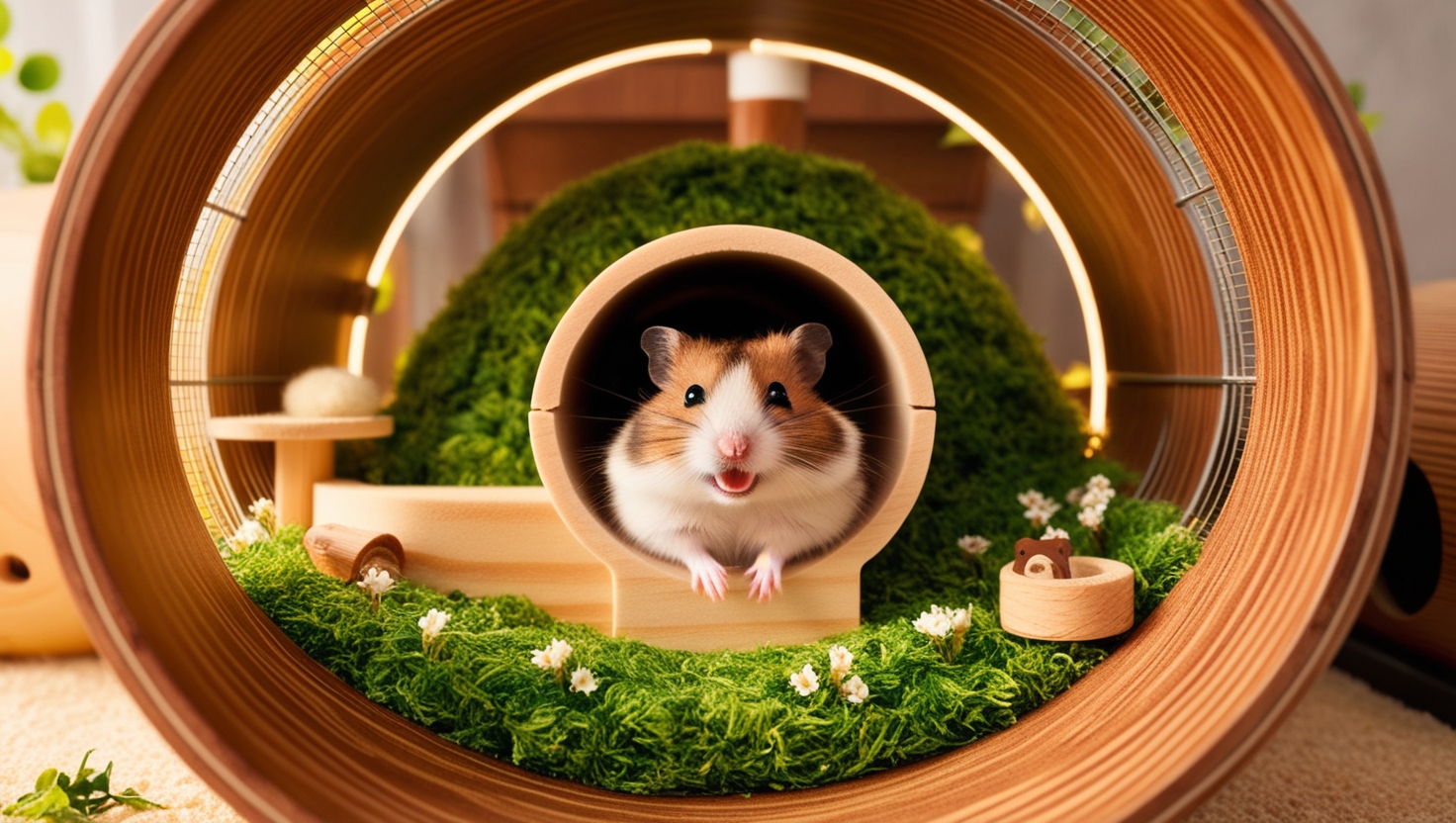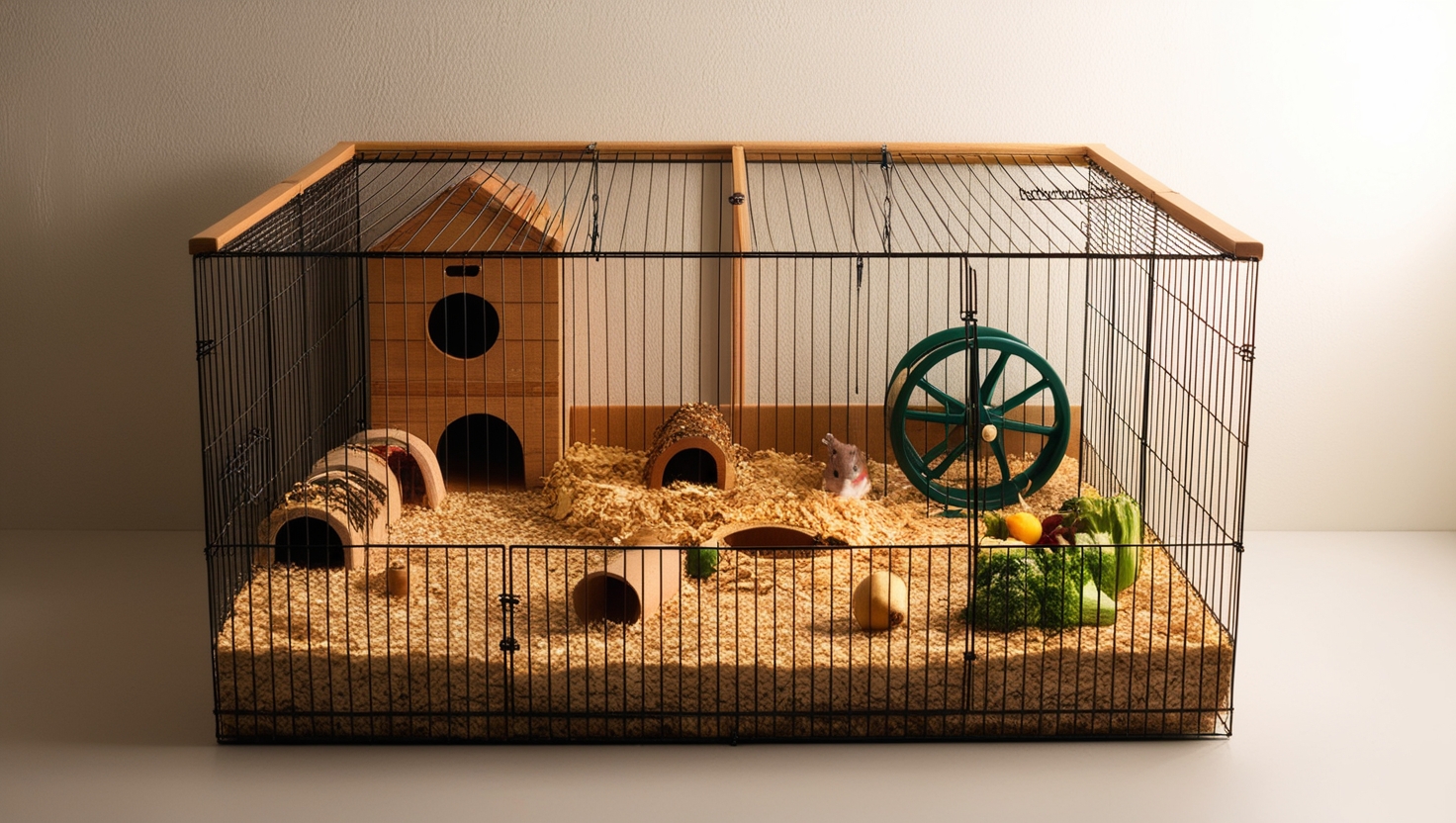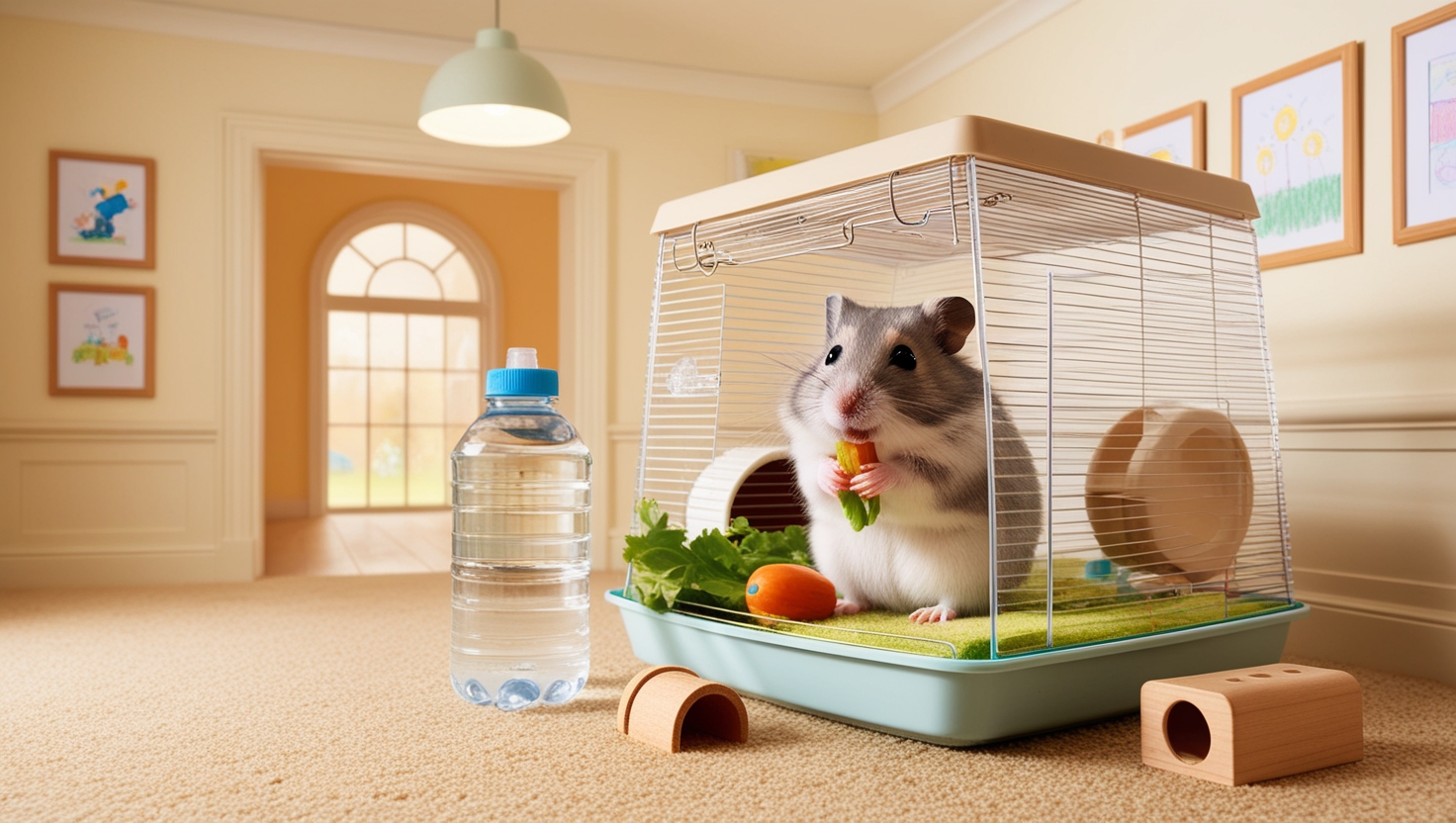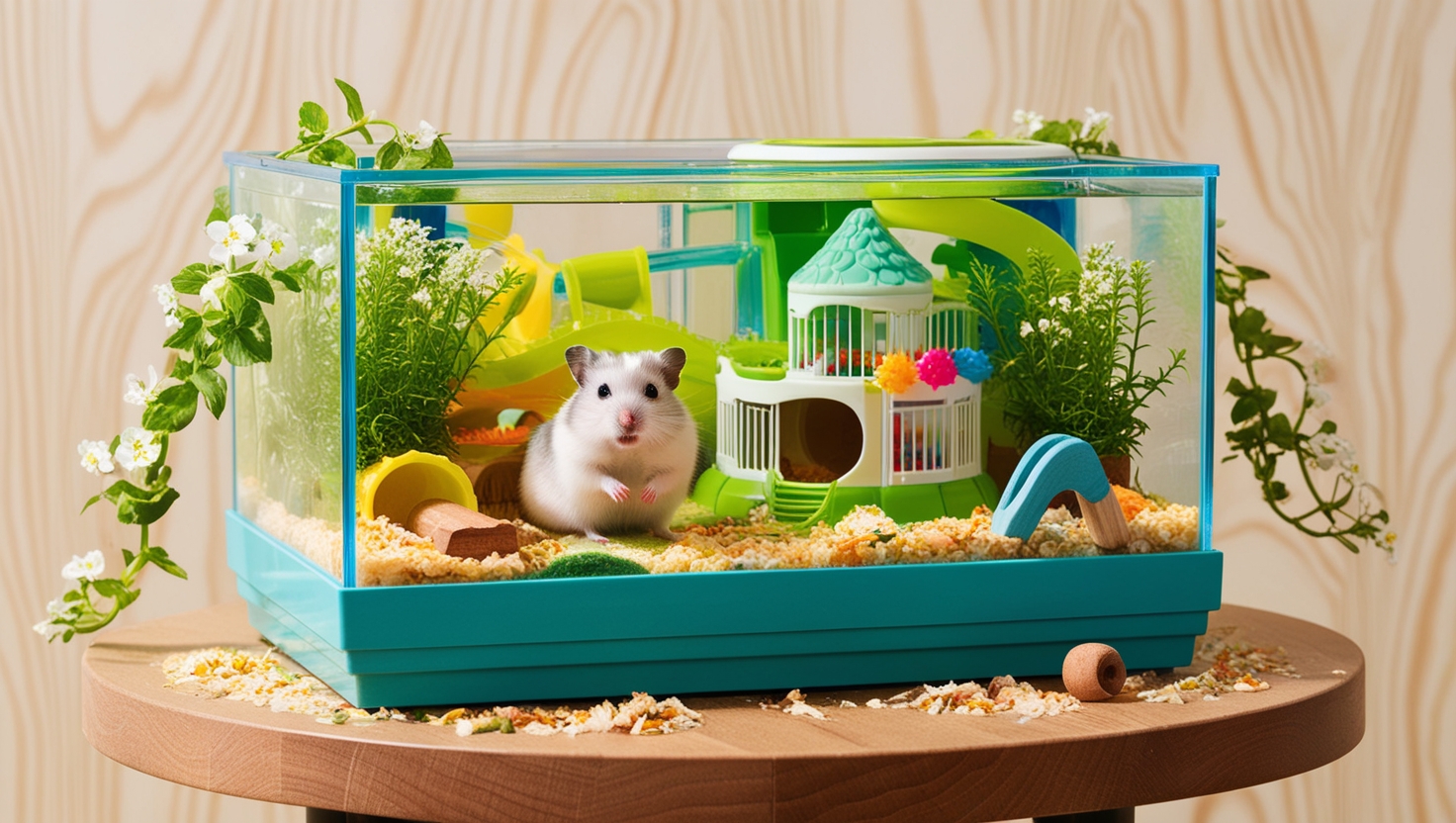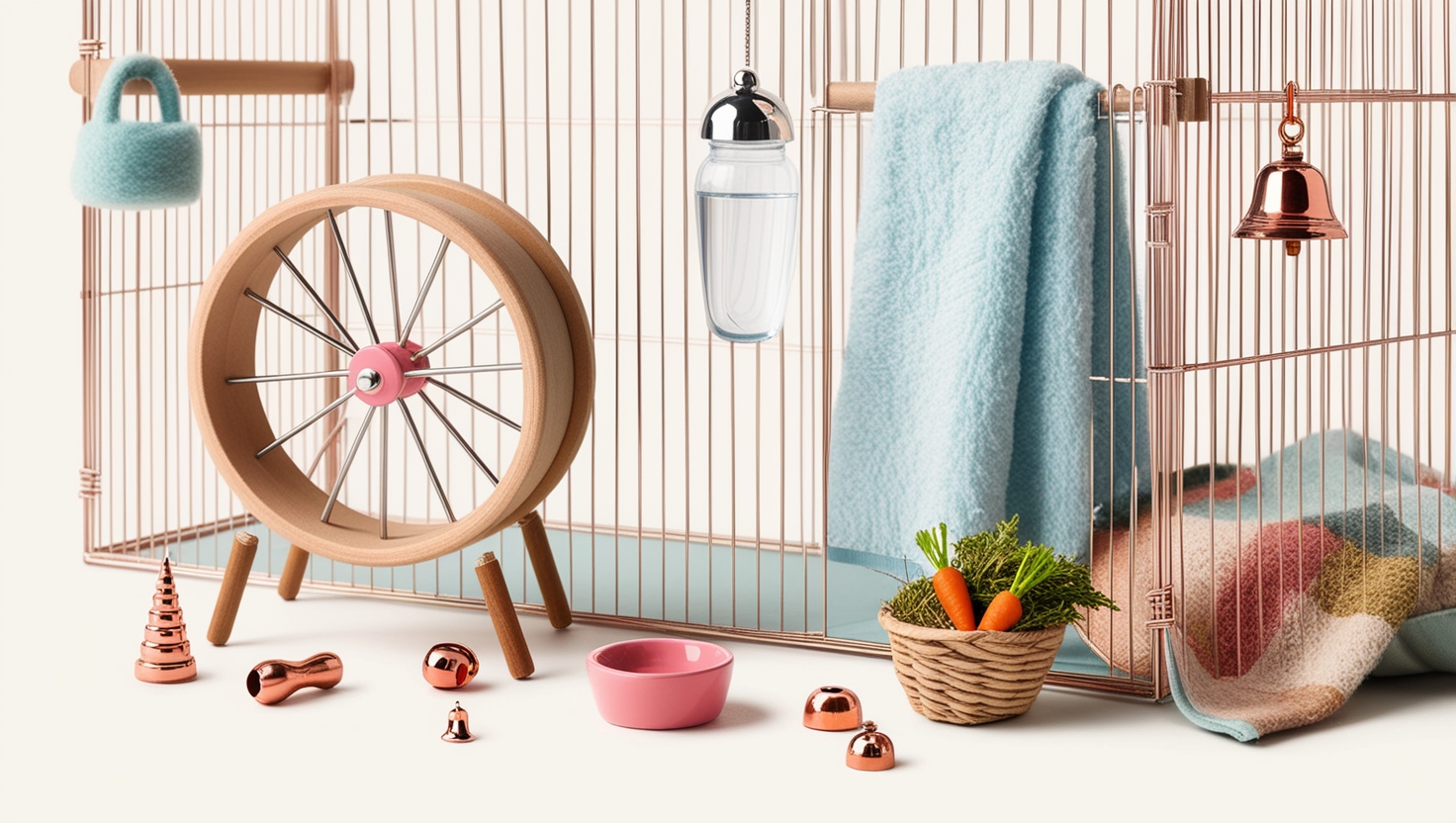So, you’re thinking about welcoming a hamster into your life? That’s fantastic! Hamsters are amazing little companions, but before you bring your furry friend home, it’s crucial to create a stimulating and safe environment for them to thrive. And that’s where choosing the right hamster cage comes in – or, in our case, designing a fantastic fish tank habitat!
Why Choose a Fish Tank for Your Hamster?
While traditional cages have their place, repurposed fish tanks offer some unique advantages. Firstly, they provide a clear, panoramic view of your hamster’s antics, allowing you to fully appreciate their playful personalities. Secondly, glass tanks are remarkably good at containing odors, making them a great choice for shared living spaces. And finally, with a little creativity, fish tanks can be transformed into fascinating, multi-level playgrounds that cater to a hamster’s natural instincts.
Building a Dream Hamster Home: Key Considerations
Let’s delve into the essentials of setting up a hamster-friendly fish tank:
Spacious Living: Size Really Does Matter
Imagine being confined to a cramped room – not a pleasant thought, is it? For hamsters, who love to burrow, explore, and play, ample space is absolutely non-negotiable. We recommend a minimum floor space of 100cm x 50cm for all hamster species. Remember, this is unbroken floor space, giving your hamster plenty of room to roam and you plenty of space to get creative with enrichment!
Expert Insight: “Many first-time hamster owners underestimate just how much space these active creatures need,” says Dr. Emily Carter, a leading veterinarian specializing in small animal care. “A spacious enclosure isn’t just about comfort; it’s vital for their physical and mental well-being.”
Deep Bedding: Encouraging Natural Behaviors
In the wild, hamsters are expert burrowers, creating intricate tunnels for shelter and safety. To replicate this natural behavior, aim for a bedding depth of at least 6 inches, though 10 inches or more is ideal.
Pro Tip: When selecting bedding, opt for unscented, dust-free varieties that hold their structure well, allowing your hamster to create stable burrows. Avoid fluffy or scented bedding, as these can pose health risks.
Enrichment Paradise: Banishing Boredom
Hamsters are intelligent and curious creatures, so keeping them entertained is essential. Here are some enriching additions for your hamster haven:
-
Textural Delights: Introduce a variety of textures through coco soil, beach chips, and coco chips, encouraging your hamster to dig and explore.
-
Foraging Fun: Hide scattered food throughout the enclosure to encourage natural foraging behaviors. You can also add safe, edible sprays like millet and flax.
-
Green Goodness: Add safe plants like spider plants or herb gardens for a touch of nature and a source of safe nibbles.
-
Chew Time: Provide plenty of wooden chew toys, pine cones, or untreated wood to help your hamster maintain healthy teeth. Avoid flavored chews, as these can be harmful if ingested.
-
Hide and Seek: Hamsters are prey animals and need secure places to retreat. Provide at least 5-6 hides in various shapes and sizes, such as cork logs, multi-chamber hides, and ceramic shelters.
The Right Wheel: Exercise Essentials
A sturdy wheel is crucial for your hamster’s exercise and enrichment. Make sure the wheel is large enough (at least 28cm in diameter for Syrians, 20cm for dwarfs) and has a solid running surface to prevent injuries.
Creating a Lasting Bond with Your Hamster
A well-designed habitat is just the first step in providing a loving home for your hamster. By understanding their needs and preferences, you can create an environment where they can truly thrive and, in turn, develop a strong and rewarding bond with your tiny companion. So, embrace your creativity, have fun with the design process, and get ready to welcome a delightful hamster into your life!


